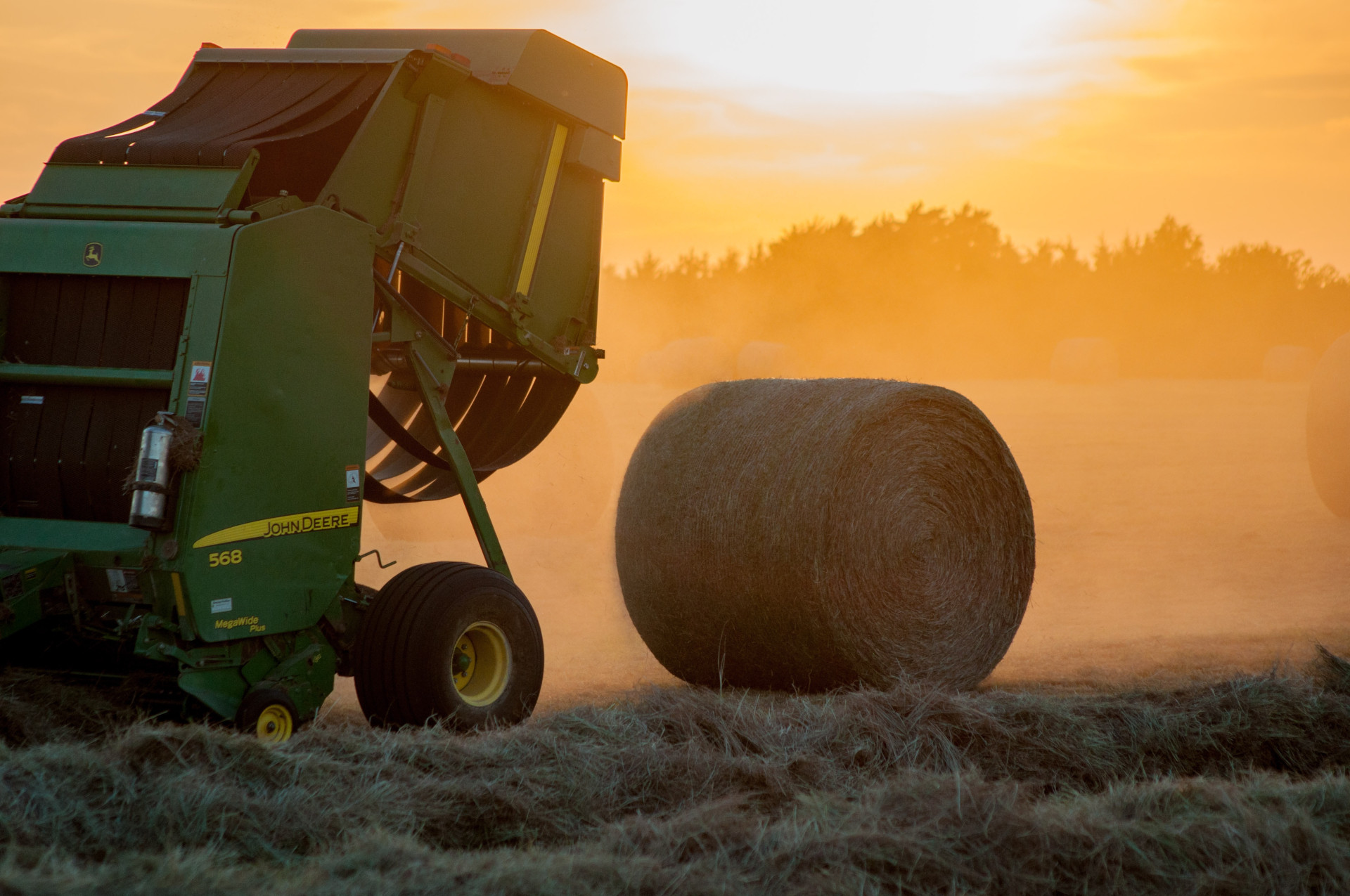Irish Co-operatives Must Place an Urgent Focus on Consolidation – ICOS President

ICOS National Conference addresses Producer Influence in the Global Food Supply Chain
Launch of The Plunkett Institute for Co-operative Governance
Portlaoise, Co. Laois – Wednesday 29th October, 2014: ‘The Role of Co-operatives as a means to improving Producer Influence in the Global Food Supply Chain’ was the theme of today’s 39th ICOS National Conference in Portlaoise, attended by co-operative agrifood industry leaders and high level speakers. It was opened by om Hayes, T.D., Minister of State at the Department of Agriculture, Food and the Marine.
The Conference examined the challenges facing producers in the global food supply chain and the role of co-operatives in strengthening the hand of their farmer members for the future. The context for the conference is one of increasingly competitive and globalised trading conditions including the abolition of EU milk quotas in April 2015.
Irish agrifood exports currently yield €10bn annually for the Irish economy – almost 12% of all goods exports and 9% of total employment. Dairy products comprise over €3bn of this, beef €2.1bn and prepared foods €1.6 bn (collectively accounting for two thirds of all exports). Ireland also exports over €240 million in live animals each year.
The Plunkett Institute
The Conference also heralded the establishment of a new institute – The Plunkett Institute for Co-operative Governance. Together with ICOS, this will act as an expert body supporting the governance of Irish co-operative organisations and continuous professional development. It will work with all levels of farmers, from new entrants to regional committee members and experienced directors, to ensure that the industry is well served with capable, educated and experienced decision makers. The Institute is named after Sir Horace Plunkett (1854 – 1932) – the founder of the Irish Co-operative movement. (*See also below).
ICOS President Bertie O’Leary said:
“Plunkett’s rationale of ‘better farming, better business, better living’ remains the driving influence for the Irish co-operative sector where modern day producers must organise strongly to look after their own future interests in the marketplace. For the current generation of Irish farmers, the challenge of global competition and the challenge of extracting a fair margin from the marketplace is becoming more ever more complex.
“They must continue to co-operate in a manner that enables them to compete with large investor owned firms. To do so they must have the necessary leadership and management skills and this is where The Plunkett Institute will play an important and strategic role.
Commenting on an ‘urgent need’ for consolidation in the dairy processing sector, Bertie O’Leary said, “It is regrettable that the pace of consolidation among our dairy co-operatives has not been faster. I urge the current generation of chairmen and directors to focus more urgently on the question of rationalisation and consolidation.
“Facing into an ever increasing, global competitive marketplace with five international marketing platforms, ten processing co-operatives and a further thirteen milk purchasing co-operatives is not serving farmers’ best interests
“A key part of achieving more rapid change must be found. The support and commitment that co-operative boards will give to the proposed Plunkett Institute for Co-operative Governance must support the agenda of consolidation and the achievement of world class economies of scale for the benefit of producers.”
Proceedings (powerpoint slides available on request)
Minister of State Tom Hayes opened the conference and the first paper was delivered by Alan Renwick, Professor of Agriculture and Food Economics in UCD, setting out the evolution of the global food supply chain, and the weakening position of farmers.
Professor Mike Boland, from the University of Minnesota examined the approaches adopted by US Dairy Co-operatives to competing in global markets, while Norman Bagley from the UK Association of Independent Meat Suppliers explained how his members have created a space for themselves among the retail giants in Britain.
Three workshops then addressed Dairy, Livestock and Rural Business themes including the Artisan Foods sector.
Notes
*The Plunkett Institute for Co-operative Governance
Operating under the auspices of ICOS, the Institute will be dedicated to the establishment and promotion of best practice in Co-operative Governance in Ireland. The Institute’s principal focus is on the elected members of Boards of ICOS Co-operatives, and Board officers (but the inclusion of other members of management and Board members of other organisations will be considered at a later date.)
The following is a list of the functions of the Institute:
- Act as an expert body for the governance of Co-operative organisations. Establish a set of governance principles for Co-operative Societies in Ireland
- Act as a network through which members of the Boards of co-operative organisations could protect and promote their interests
- Provide recognised training and education for members
- Hold a register of those who are considered to have reached a particular level of competence with regard to acting as a Board Member of a Co-operative Society
- Represent the interests of the Boards of Irish co-operative organisations internationally
- Act as an organisation which provides mutual support to its members
- Establish structures to ensure compliance with the Institute’s set of Governance principles, including disciplinary procedures.
By fulfilling these roles, The Plunkett Institute for Co-operative Governance aims to promote high standards in Co-operative Governance and to enhance the professionalism and status of those who are elected to serve on Co-operative Boards.